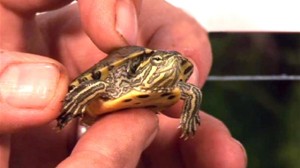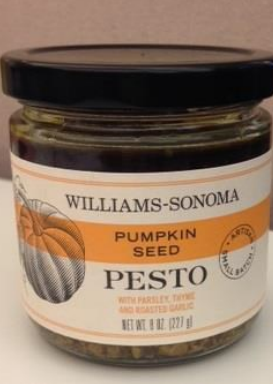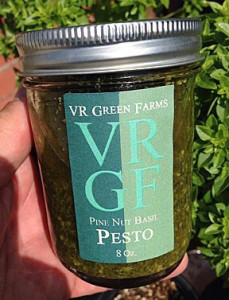A spicy rice snack pack very nearly turned into the last meal Richard Strang ate.
 It left him in a four-day induced coma in Wellington Hospital, his stay due to a toxin not seen in New Zealand for more than 30 years.
It left him in a four-day induced coma in Wellington Hospital, his stay due to a toxin not seen in New Zealand for more than 30 years.
Strang, who had been living in Japan, was visiting his mother in Wellington last month when he ate a pack of pre-cooked “heat and eat” organic risotto that was probably well past its best-before date.
He was struck down by botulism, a rare and potentially fatal illness caused by a toxin that attacks the nervous system.
His lungs and other organs began shutting down, and “it was all pretty much touch and go”, he said.
The last – and only – suspected case was that of two Rotorua sisters thought to have contracted botulism from watercress and boiled mussels in 1984.
Botulism was also the toxin wrongly thought to have been present in a batch of whey sent to China by Fonterra in 2013.
Strang is still going through rehabilitation, and needs to stay in New Zealand until he regains enough strength to return to Japan.
The Ministry for Primary Industries said the rice snack he ate contained no preservatives, and “incorrect handling” was thought to be the cause of his illness.
The meal had been made following appropriate regulations, but MPI understood it was not refrigerated, as instructed, and was eaten “well after its likely best-before date”.









